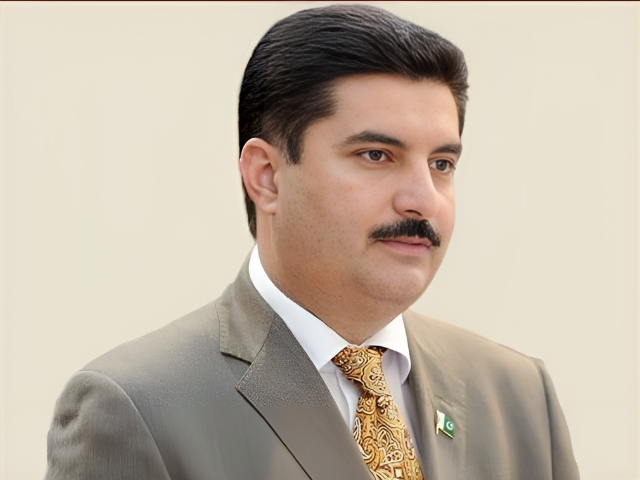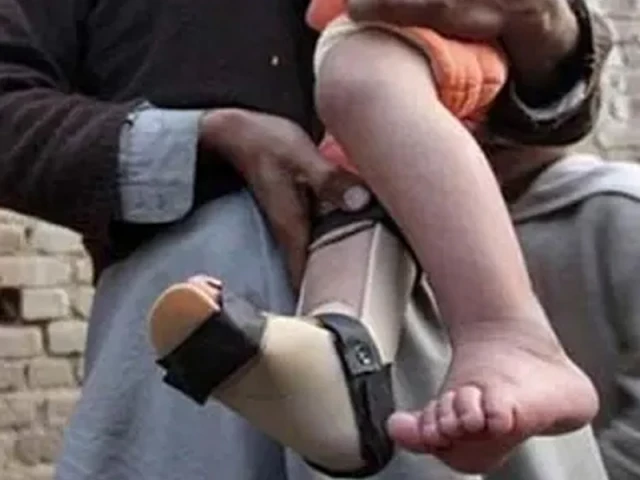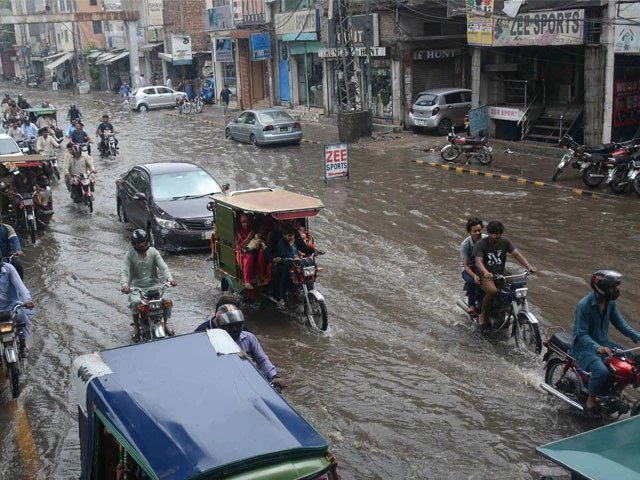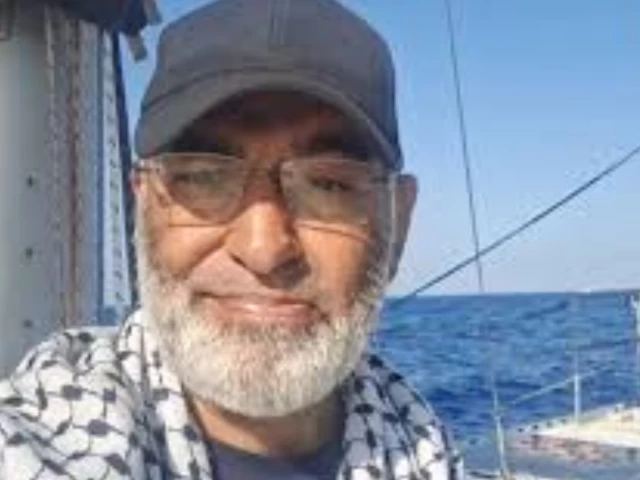The Political Landscape: Insights from Khyber-Pakhtunkhwa Governor Faisal Karim Kundi
The political scene in Khyber-Pakhtunkhwa (K-P) is as dynamic as ever, especially with recent comments from Governor Faisal Karim Kundi regarding Imran Khan, the founder of the Pakistan Tehreek-e-Insaf (PTI). Kundi, addressing senior journalists in Peshawar, expressed skepticism about Khan’s release from prison, stating that both of Khan’s sons, Sulaiman and Kasim, are unlikely to return to Pakistan. This kind of speculation triggers a lot of questions and concerns about the future direction of PTI and the state’s political stability.
Earlier this month, Khan’s sister, Aleema Khan, had made waves by asserting that her nephews would be returning to Pakistan to lead an anti-government protest campaign. Meanwhile, discussions about their meetings with prominent figures in the U.S. add an interesting layer to the narrative. However, Kundi dismissed these developments, labeling them as mere “political optics.” It’s a stark reminder of the complexities in the political fabric of the region and the challenges PTI faces moving forward.
Beyond the realm of PTI, Governor Kundi highlighted pressing issues affecting K-P, including the need for a tribal jirga to tackle unresolved matters in the former Federally Administered Tribal Areas (FATA). He stressed that the merger of FATA with K-P is irreversible without a constitutional amendment. This remark accentuates the intertwining of politics and local governance, indicating that historical resolutions are still shaping current debates.
Kundi didn’t shy away from addressing the apparent law and order challenges facing the province. He painted a concerning picture of the security situation, noting that extortion is rampant, to the point where citizens are hesitant to leave their homes after Asr prayers. This not only raises alarms about public safety but also highlights a deeper socio-economic issue that could impede growth and development.
Furthermore, he criticized the federal government’s focus on Punjab, claiming that various development projects have sidelined K-P’s youth. Initiatives like the laptop program and Daanish Schools seem to enrich one province while neglecting others, raising questions about the equitable distribution of resources.
Kundi’s concerns extend to sports infrastructure as well. He pointed out that the state of facilities in Peshawar, particularly the renovation of the Arbab Niaz Stadium, is inadequate. This lack of quality venues is a significant reason why high-profile events like the Pakistan Super League (PSL) have not been hosted in the province, denying local talents a platform for exposure.
Finally, on the internal dynamics of PTI within K-P, Kundi expressed that factionalism is rife. Notably, he remarked that the party may struggle to mobilize even a modest number of supporters for its planned protests.
In conclusion, the political and social challenges highlighted by Governor Kundi reflect the pressing issues in K-P. As these narratives unfold, staying informed about developments is crucial for anyone interested in the region’s future. If you’re keen to explore more politically relevant content, don’t hesitate to connect with us at Pro21st. Your engagement could illuminate broader discussions about governance, society, and all that’s at stake.
At Pro21st, we believe in sharing updates that matter.
Stay connected for more real conversations, fresh insights, and 21st-century perspectives.





